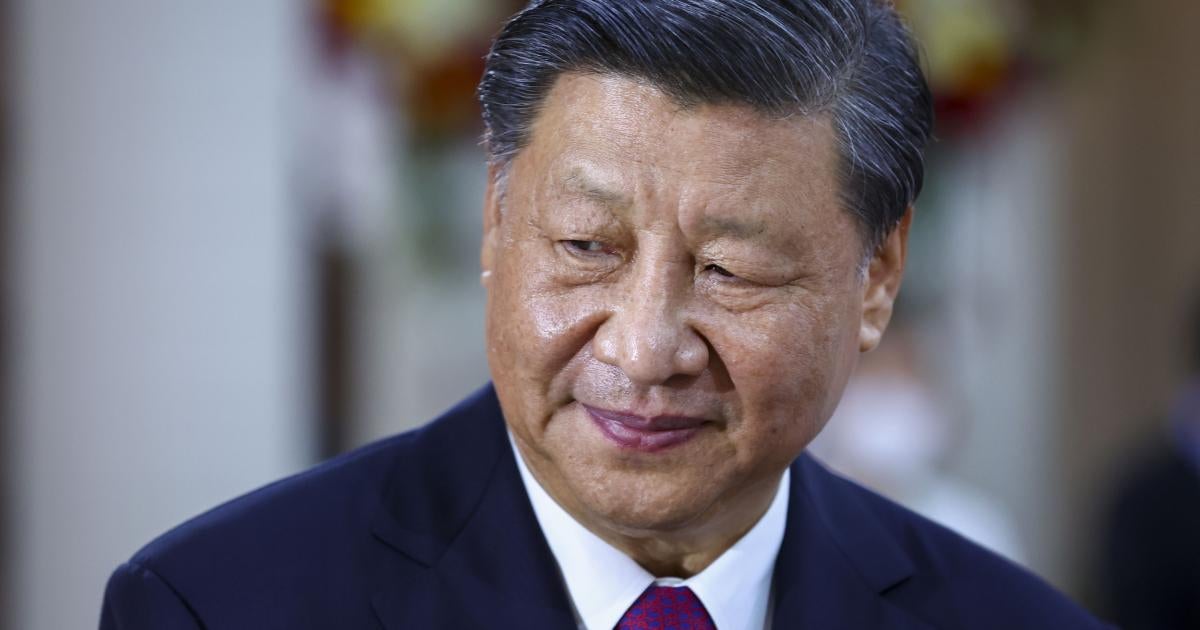In a backdrop of escalating geopolitical tensions, the United States and South Korea have intensified their calls for China to rein in its allies, North Korea and Russia. Recent developments, including reports of North Korean troops being sent to Russia to support its military efforts in Ukraine, have raised alarms in Washington and Seoul about the potential for further escalation in the region.
Diplomatic Efforts and Concerns
The U.S. has made concerted efforts to engage China diplomatically, hoping to leverage Beijing’s unique position as a key ally to both North Korea and Russia. In a rare meeting earlier this week, three senior U.S. diplomats met with China’s ambassador to the United States, Qin Gang, to express serious concerns over the burgeoning cooperation between Pyongyang and Moscow. According to a State Department official who spoke on condition of anonymity, the discussions were focused on urging China to utilize its influence to deter this collaboration.
The U.S. has stressed that North Korea’s military support for Russia is not only a threat to Ukraine but could also destabilize security in East Asia. The potential for increased military cooperation between these nations has the U.S. and its allies worried about a more aggressive stance from both North Korea and Russia, which could lead to heightened tensions and conflict in the region.
The Silence from Beijing
Despite these urgent requests, China has largely remained silent on the matter, leading to frustration among U.S. officials. China’s reluctance to publicly distance itself from North Korea or comment on the troop deployments may stem from its strategic interest in maintaining stability on the Korean Peninsula while also supporting its ally, Russia. Analysts suggest that Beijing may be hesitant to exert too much pressure on Pyongyang for fear of destabilizing the regime, which could lead to an influx of refugees and greater instability in Northeast Asia.
The silence from China contrasts sharply with the heightened rhetoric and actions taken by the U.S. and South Korea. Both nations are increasing military readiness and cooperation in response to perceived threats from the North. In recent weeks, joint military exercises have been ramped up, with South Korea and the U.S. conducting drills aimed at enhancing deterrence capabilities against North Korean aggression.
The Broader Geopolitical Landscape
The situation has broader implications for international relations, particularly in light of the ongoing conflict in Ukraine. The U.S. views Russia’s alliance with North Korea as a troubling development, as it suggests a strengthening of ties between two nations that are both seen as challenges to U.S. interests globally. The prospect of North Korean military support for Russia raises concerns about the potential for a more coordinated effort between the two countries, which could embolden them in their respective regional ambitions.
In response, the U.S. and South Korea are seeking to bolster their own security frameworks and partnerships with other nations in the region, including Japan and Australia, to counterbalance the influence of China, North Korea, and Russia. This evolving security dynamic reflects a shift in how alliances are being redefined in response to the new geopolitical realities.
Conclusion
As tensions rise on multiple fronts, the U.S. continues to press China to take a more active role in curbing North Korean support for Russia. The diplomatic outreach underscores the interconnected nature of global security challenges today. With China remaining largely silent, the effectiveness of U.S. efforts to mitigate the risks posed by an alliance between North Korea and Russia remains uncertain. The coming weeks will likely be critical in determining how these relationships evolve and what actions the involved parties will take to address the growing tensions.



